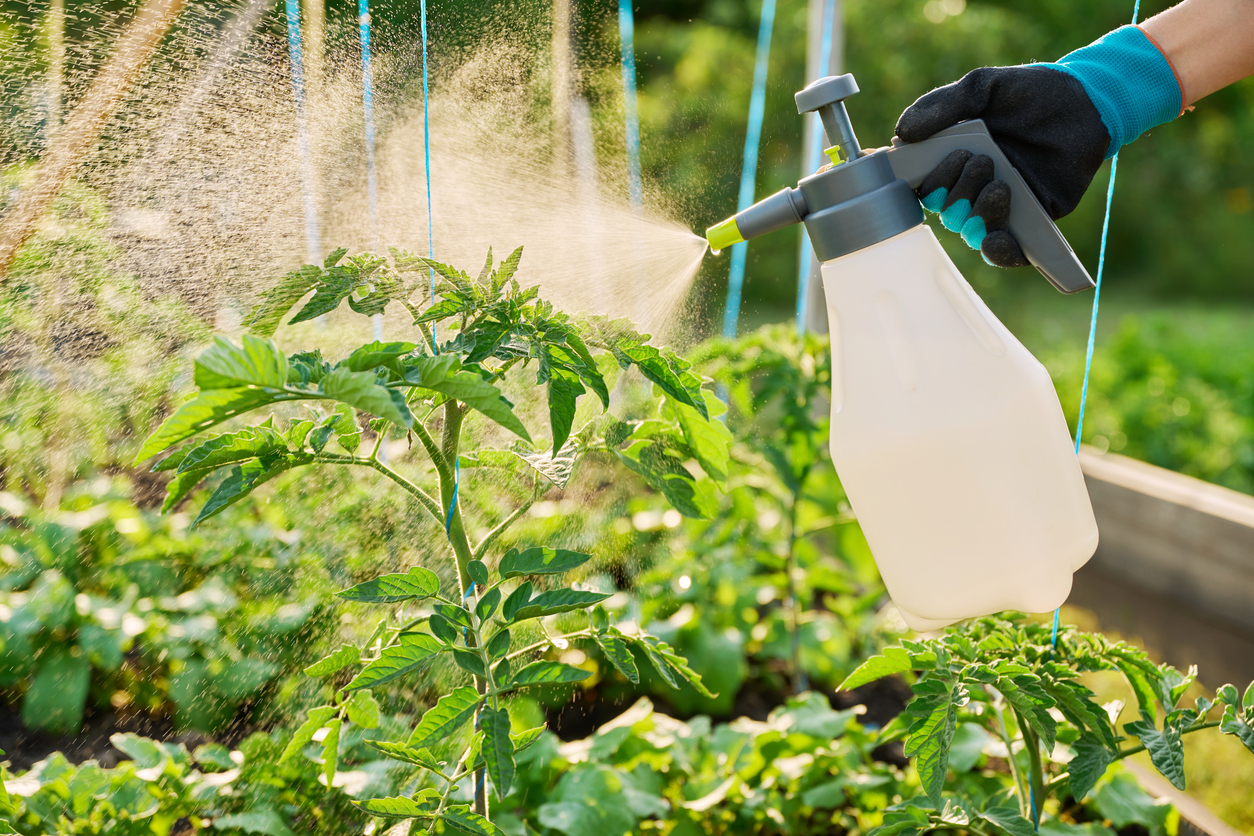
Drought-resistance Spray Developed for Crops
September 17, 2025| |
Researchers from the Spanish National Research Council (CSIC) reported in Molecular Plant the new molecule that they have developed to help plants better withstand drought. Known as inverted cyanobactin (iCB), the newly developed molecule copies the mechanism of abscisic acid (ABA), a natural plant hormone that regulates how plants respond to water stress.
The iCB compound works by activating the plant's drought resistance mechanisms, specifically by helping them close the tiny pores on their leaves, called stomata, which significantly reduces water loss. This approach allows plants to survive severe drought while still being able to maintain productivity.
According to the authors, iCB is more effective than the natural ABA hormone because it activates a broader range of receptors in the plant. This leads to a more comprehensive response, including not only reduced water loss through the leaves but also enhanced root protection and growth toward moisture. In trials on tomato plants, a foliar spray containing iCB helped them recover photosynthesis after severe drought. Preliminary studies also suggest the compound could be effective on other crops, such as wheat and grapevine.
Read more findings in Horti Daily and Molecular Plant.
| |
You might also like:
- Pocket K No. 32: Biotechnology for the Development of Drought Tolerant Crops
- Gene-silencing Spray to Fight Fusarium Head Blight in Cereal Crops
- RNA-based pesticide, an Environmentally Friendly Alternative in Pre- and Post-harvest Plant Protection
Biotech Updates is a weekly newsletter of ISAAA, a not-for-profit organization. It is distributed for free to over 22,000 subscribers worldwide to inform them about the key developments in biosciences, especially in biotechnology. Your support will help us in our mission to feed the world with knowledge. You can help by donating as little as $10.
-
See more articles:
-
Plant
- MIT Researchers Improve Precision of Gene Editing
- Researchers Uncover Defense Dynamics of Potato Late Blight Pathogen
- CAS Scientists Identify Braking Mechanism for Seed Oil Control in Soybean
- Australian OGTR Invites Comments for the Commercial Release of GM Purple Tomato
- Scientists Design New Cycle to Boost Plant Growth and Carbon Capture
- Paper-based Biosensor Detects GM Corn and Soybeans
-
Animal
- Burkina Faso Suspends Field Trials of GM Mosquito
-
Environment
- Drought-resistance Spray Developed for Crops
-
Read the latest: - Biotech Updates (December 17, 2025)
- Gene Editing Supplement (December 17, 2025)
- Gene Drive Supplement (February 22, 2023)
-
Subscribe to BU: - Share
- Tweet

